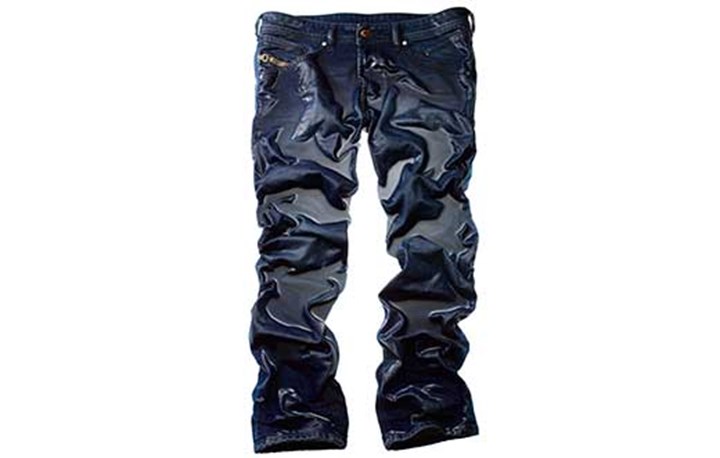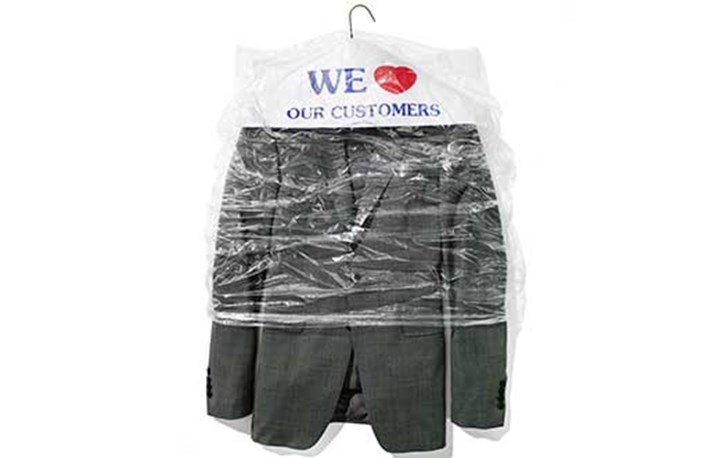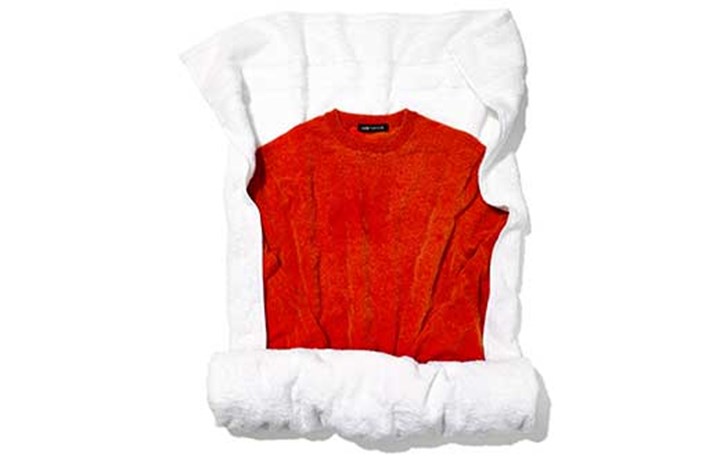
When your clothes get dirty, you know what to do: send the nicest items out to the cleaners and throw the rest in the wash.
Easy? Sure. Good for your stuff? Probably not.
In fact, leaving your clothes with the professionals might actually shorten their life.
With a few exceptions, most of your best articles can be washed at home, including cashmere sweaters, linen shirts, and even some wool pants, says Lindsey Boyd, cofounder of The Laundress, a fabric care line.
Shirts
Professional cleaning can mean subjecting your shirts to harsh chemicals and soaps. Then they’re ironed on a big, heavy press, which can crush buttons and wear out fabrics if the operator isn’t careful.
So wash that shirt yourself after every wearing.
If you notice any discolouration around the collar, cuffs, or armpits: turn the shirt inside out and gently treat those areas with a stain stick. Then wash it in warm water on a delicate cycle and hang it to dry. (No dryer!)
For a crisp finish, send it out for a press—not a cleaning. (Or iron it yourself.) Then hang it on a wood or plastic hanger; a wire one can stretch the fabric, leaving a shoulder crease.
And don’t crowd the wardrobe—that causes wrinkles.
T-Shirts
If your favourite tee fits perfectly, don’t expose it to high heat, which can shrink and degrade its fibres.
Turn it inside out, wash it in warm water, and hang it to dry so it maintains its shape. Or use a dryer on low heat.
But skip dryer sheets, says Boyd. The right detergent is enough to ease static cling and freshen your clothes.
Denim
Don’t listen to the guy who insists he never washes his jeans because it spoils their integrity. (And don’t stand too close to him either.)
If you want your denim to keep its colour, wash it by hand, says Eric Goldstein of The Jean Shop.
Place them in a tub with enough room-temperature water to cover them; add a few drops of liquid detergent, mix it in with your hands, and soak them for five minutes. Remove, rinse, and hang to dry.
Too stiff? Toss ’em in the dryer with a couple of tennis balls on air dry (no heat) for 30 minutes. This will soften the fabric and break the denim back in. (First make sure they’re completely dry to avoid shrinkage.)
Chinos
Cotton fibres are tough, says Boyd. So you can wash your favourite chinos like you do your tees: turn them inside out to target body grime and machine-wash in warm water.
Hang dry to preserve the fit.
Wool trousers
If your trousers are lined, they run a higher risk of shrinkage in the spin cycle; have them dry-cleaned.
Unlined? Sure, wash them at home. But remember, wool is a type of hair.
Use cold water on a delicate cycle and then hang them to dry.
Suits
A wool suit has structure and a lining, so it needs to be dry-cleaned – but only once every three or four wearings.
Between cleanings, slip the jacket on a wide hanger to maintain its shape. If you notice a stain, grab a soft cloth and dab it (don’t wipe); then take the suit to the cleaners.
At the end of each season, take your suits for a final cleaning and store them in cotton garment bags, which are breathable. When a suit is shrouded in a plastic bag, hard-to-see stains might set permanently and attract insects.
Your cotton suits are more absorbent than the wool ones but require the same care.
Hang them up after every wearing and drop them at the dry cleaners every three or four wearings, with spot treatment as needed. Always have both pieces done together, even if one doesn’t seem to need it, so the colours stay matched.
Between cleanings, you can steam the jacket and press the trousers on your own.
Sweaters: Cashmere
Dry cleaning strips oils and damages cashmere fibres; your sweater will last longer if you wash it at home.
Washing is good for the fibres, Boyd says, because it brings out their natural oils.
Do it by hand, or machine-wash it inside a mesh bag. Use cold water to preserve fit and colour.
To dry, lay it flat on a towel and roll it up to squeeze out the excess water; then unroll and lay flat again to air-dry overnight. Store sweaters folded; hanging stretches the shoulders.
Sweaters: Wool and Cotton
Both materials are sturdy enough to stand up to a spin cycle, as long as you use a delicate setting and cool water to minimise shrinkage.
Dry and store the same as for cashmere.



















